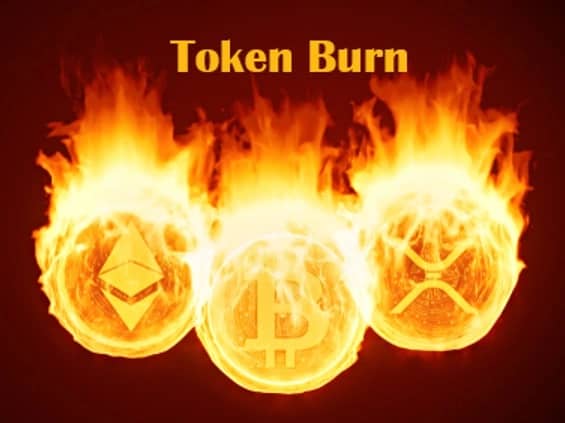
Consensus Mechanism
A Consensus Mechanism is a protocol in blockchain technology that ensures agreement among all nodes on a network about a single data set or transaction.
Shape the future of crypto knowledge — with IQ in your hands.

A Consensus Mechanism is a protocol in blockchain technology that ensures agreement among all nodes on a network about a single data set or transaction.

An Ethereum Improvement Proposal (EIP) is a standardized proposal for changes or enhancements to the Ethereum blockchain network, decided via community consensu...

Circulating Supply in cryptocurrency refers to the number of coins currently available for trading, impacting a cryptocurrency's market capitalization and price...

Market Capitalization refers to the total dollar value of a company's outstanding shares of stock or a cryptocurrency's total coin supply.

BUIDL is a term from the cryptocurrency sector, advocating for active participation and contributions to build and enhance the blockchain and cryptocurrency eco...

A bull market is a financial market condition where asset prices continuously rise, typically backed by a strong economy and positive investor sentiment.

A bear market is a sustained period of falling prices in securities, characterized by a decrease of 20% or more from recent highs, often due to investor pessimi...

The Archi Token (ARCHI) is a cryptocurrency representing ownership shares in Archi Finance with a fixed supply of 10 million tokens.

An Oracle Attack is a cyberattack that exploits vulnerabilities in a system's trust in oracles, potentially manipulating data supplied to blockchain smart contr...

A Distributed Denial-of-Service (DDoS) attack is a cyber attack that disrupts normal network traffic by overwhelming the target or its infrastructure with exces...

A 51% attack is a potential assault on a blockchain network, where a group with over half of the network's hashing power could manipulate transactions.

Token burn is the permanent removal of cryptocurrency tokens from circulation, often to boost value, through their transfer to an inaccessible wallet.